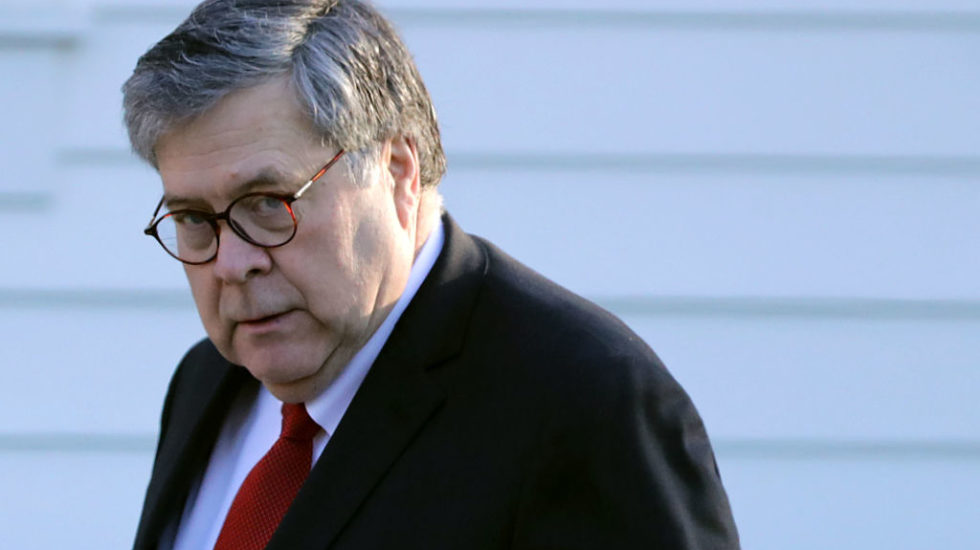William Barr’s “summary” of the Mueller report should surprise no one, but it should be and is being heavily scrutinized. Last June, the now Attorney General sent an unsolicited 20-page memo to the Deputy AG Rod Rosenstein saying an obstruction of justice finding would be “fatally misconceived.” But that would seem to be more his opinion and not necessarily the findings of Robert Mueller’s office. House Judiciary Chairman Jerry Nadler (D-NY), Intelligence Chairman Adam Schiff (D-CA), and Oversight and Reform Chairman Elijah Cummings (D-MD) released a statement saying:
“It is unacceptable that, after Special Counsel Mueller spent 22 months meticulously uncovering this evidence, Attorney General Barr made a decision not to charge the President in under 48 hours. The Attorney General did so without even interviewing the President. His unsolicited, open memorandum to the Department of Justice, suggesting that the obstruction investigation was ‘fatally misconceived,’ calls into question his objectivity on this point in particular.”
Their statement goes on to say:
“These shortcomings in today’s letter are the very reason our nation has a system of separation of powers. We cannot simply rely on what may be a partisan interpretation of facts uncovered during the course of a 22-month review of possible wrongdoing by the President.
“The American people deserve to see the facts and judge the President’s actions for themselves.”
Politico’s Renato Mariotti argues:
Barr’s decision to reach his own conclusion on this matter was poor judgment and ensures that Congress will fight tooth and nail to gain access to Mueller’s full report and the evidence underlying it.
Mariotti, a former federal prosecutor also says:
What I don’t understand is why Barr decided to take it upon himself to make a decision hastily based on “discussions with certain [DOJ] officials” when Mueller, after spending almost two years interviewing countless witnesses and reviewing many thousands of documents, had amassed evidence on both sides.



